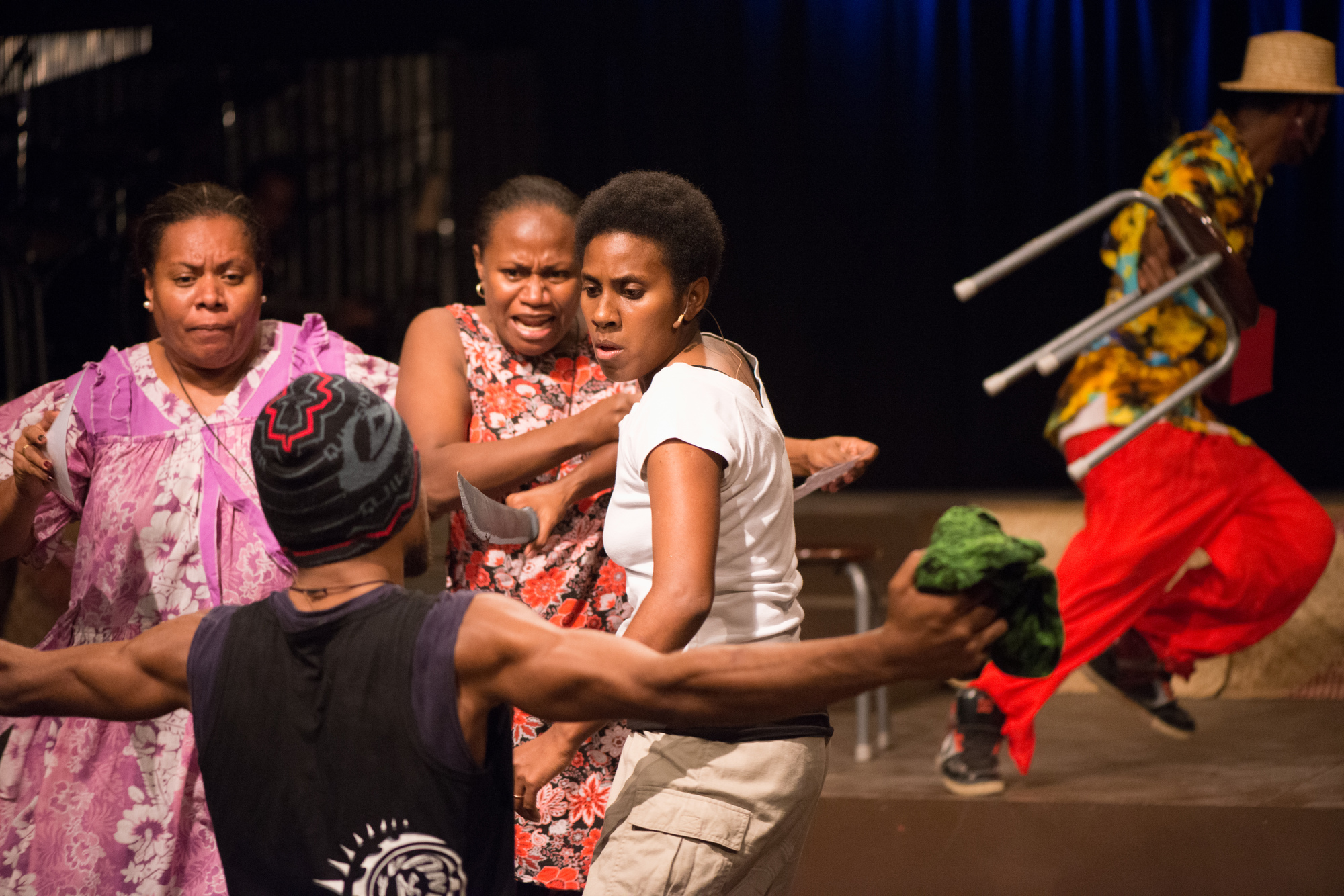Reconciling social change with kastom and tradition is a necessary condition for development
Vanuatu’s first prime minister Walter Lini famously said, ‘respect is honourable.’ The phrase is often quoted today by people from all walks of life as a means of recalling the best aspects of Vanuatu society: its use of deference and respect as an integral part of community peace-making. Modern influences have transformed kastom in many ways, but respect is still held tightly to the national breast.
We might do well, though, to turn the phrase around.
It must be said that traditional life in Vanuatu is indeed happy… for those men who survive their first five years in comparatively good health. And some women may be content living within the confines of their village roles. But like it or not, that life is no longer available to a growing number of people.
If we include people living in peri-urban areas around Port Vila and Santo, census figures show nearly a 10% change in the urban/rural population ratio between 1999 and the last complete census in 2009. Much of this change is composed of the so-called youth bulge – a growing number of young adults with limited opportunities both in the modern economy and in traditional life.
These are not the only source of discontent. Household dynamics are increasingly complex. Domestic relationships, both formal and informal, are more fluid –and generally more violent– than they were. This is largely a result of the clash between the de facto status of women as chattels, and women’s increased economic independence, and thence mobility, in the modern economy.
Men and women both are no longer subject to the social and geographical confines of village life. Mobility and distance undermine traditions that have sustained Melanesian societies since time immemorial. The coercive or corrective power of community scrutiny recedes once it becomes possible to evade the villagers’ gaze. The village’s role as collective conscience has been eroded and, to date, nothing has arisen to take its place.
At all levels of society, the dwindling power of social pressure leads to behaviour that once might have been unconscionable. Legal and regulatory checks go unheeded and national institutions teeter on the edge of dissolution.
But kastom is a resilient term. It has survived thousands of years of challenge and changing circumstance; it has managed to remain a viable idea throughout even the last two centuries of transformation. There is no reason to believe it won’t survive the changing economic and social conditions of the present day. Read more “Honour is respectable”



